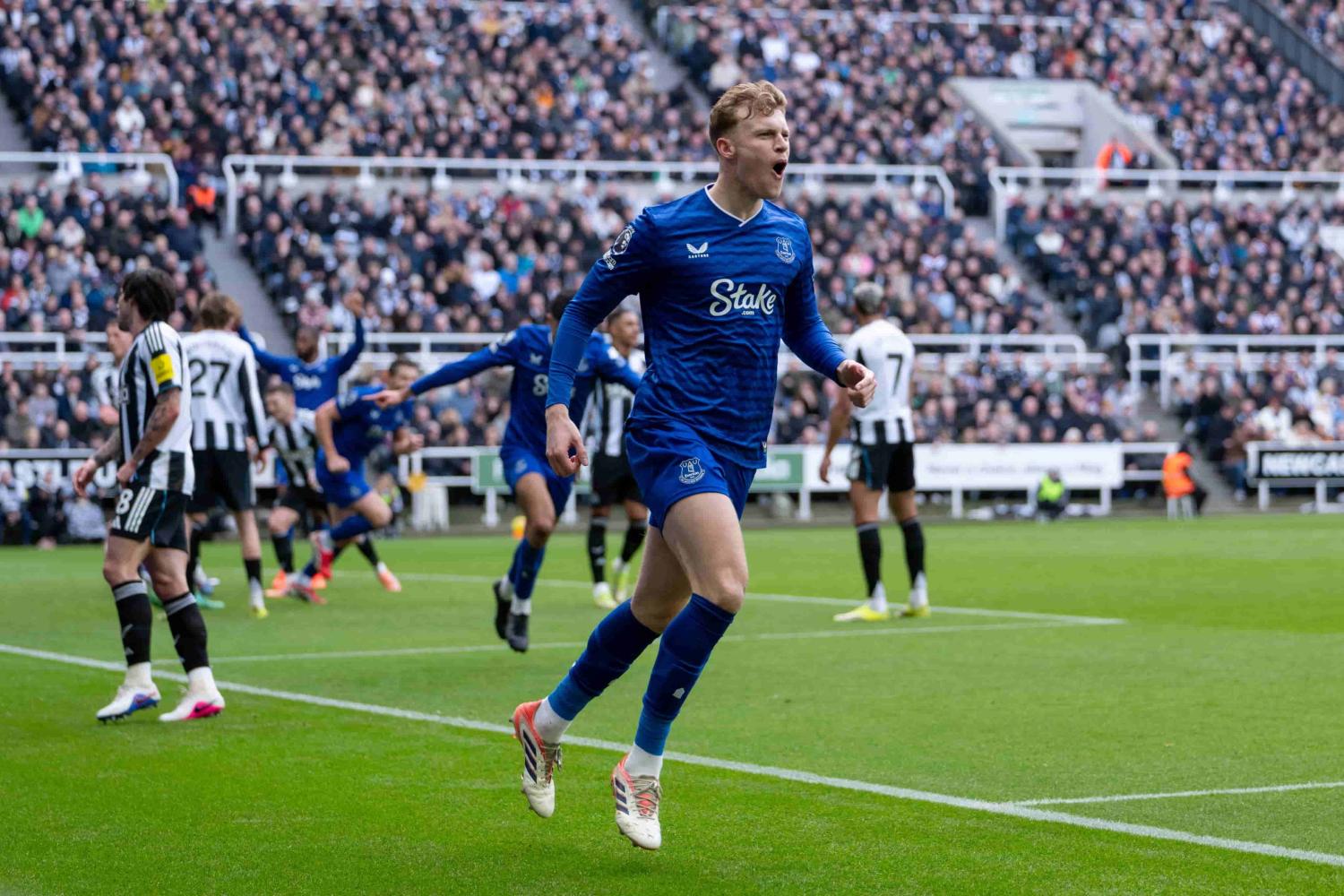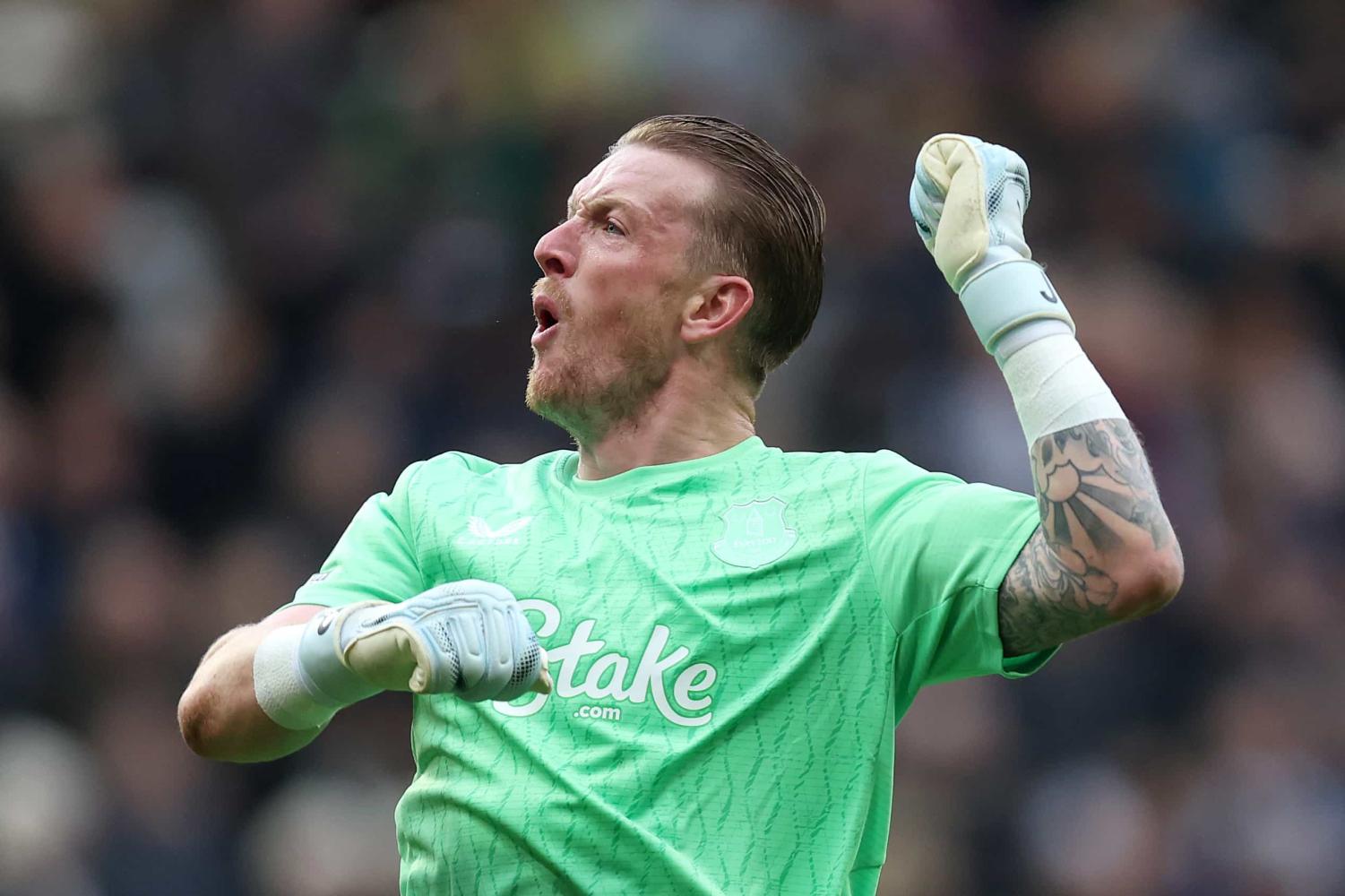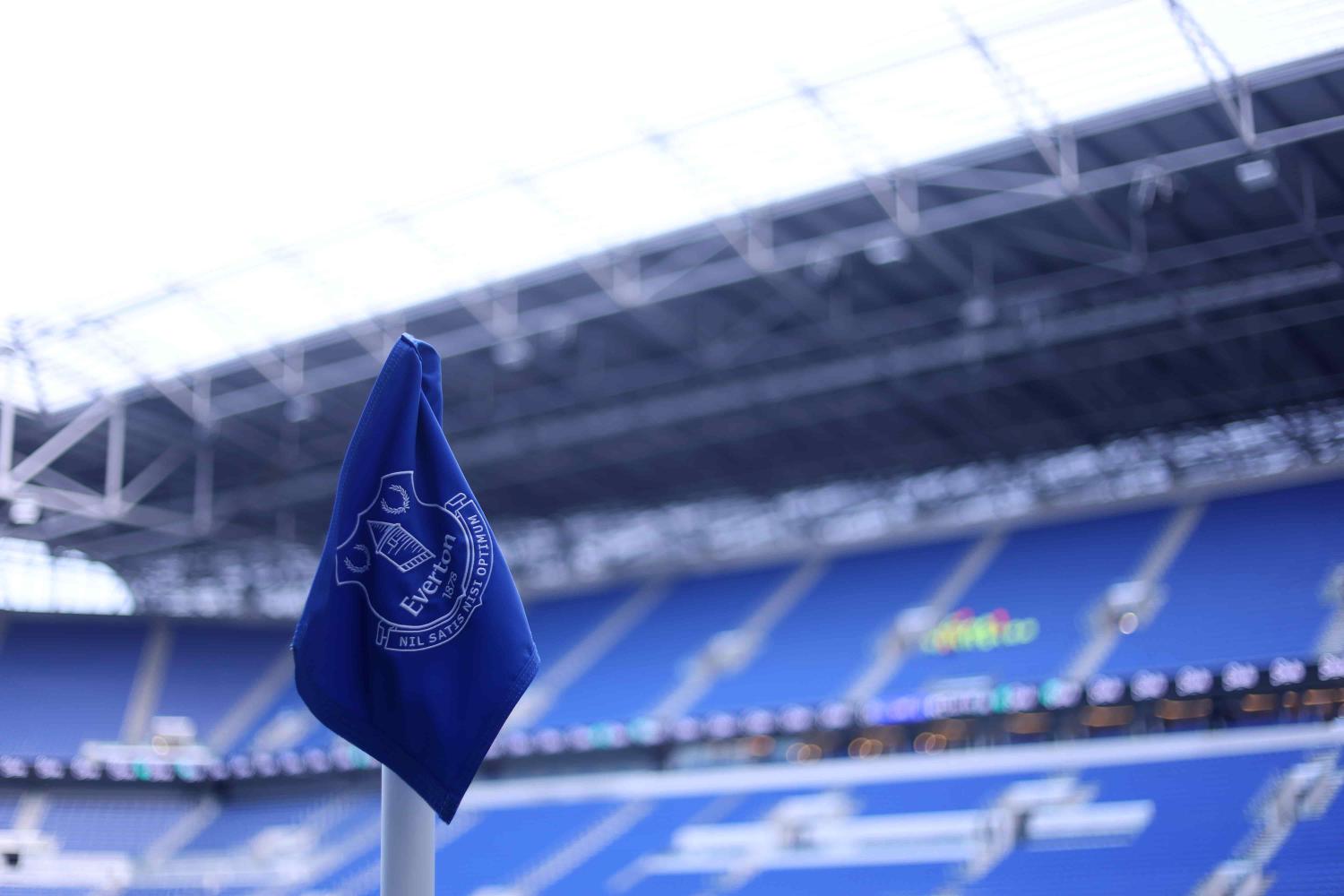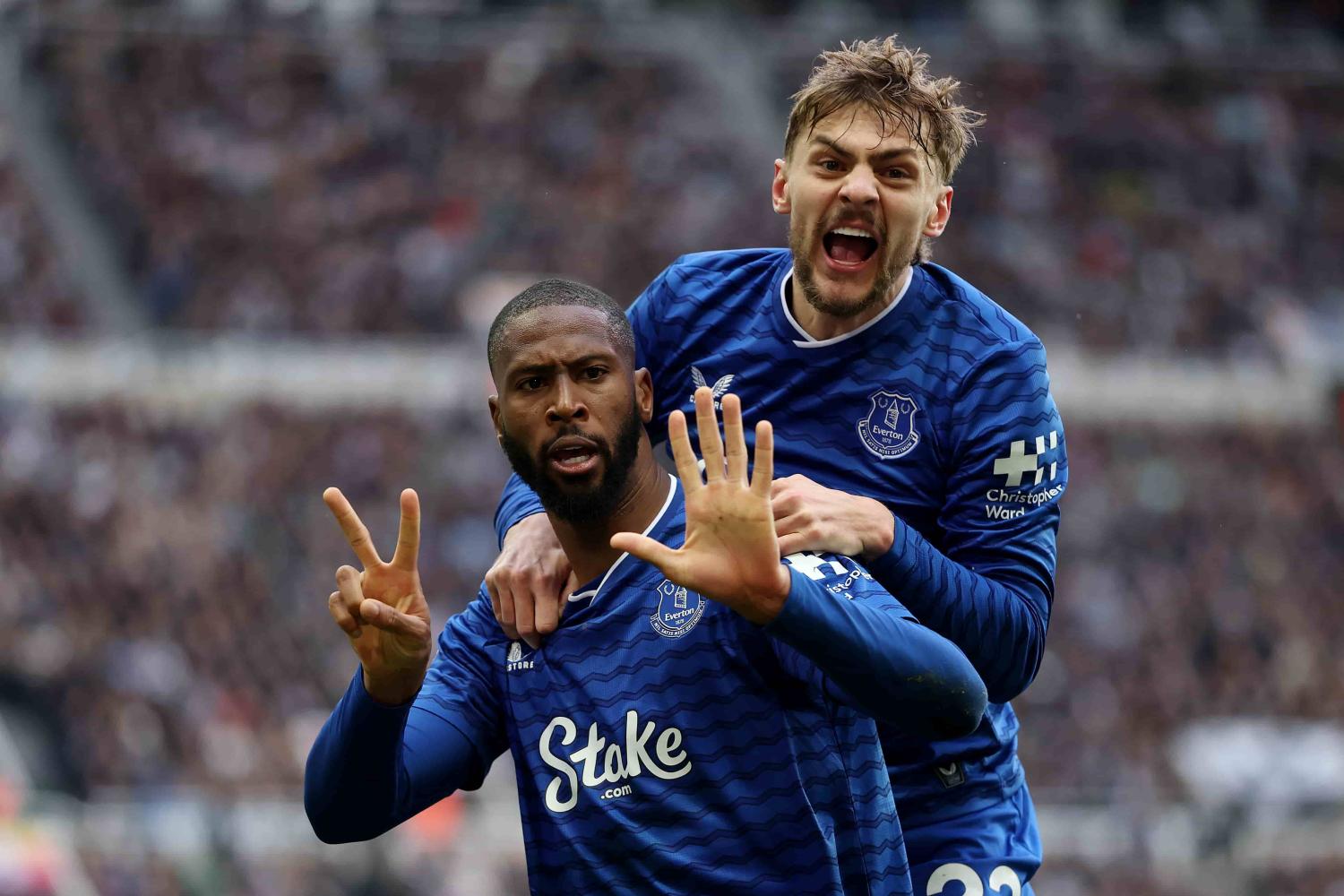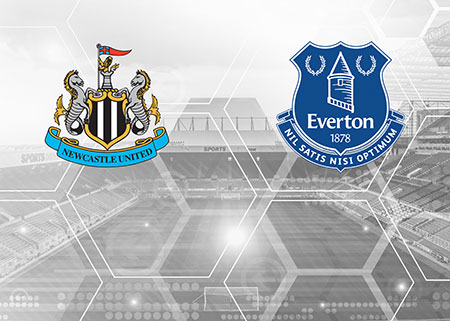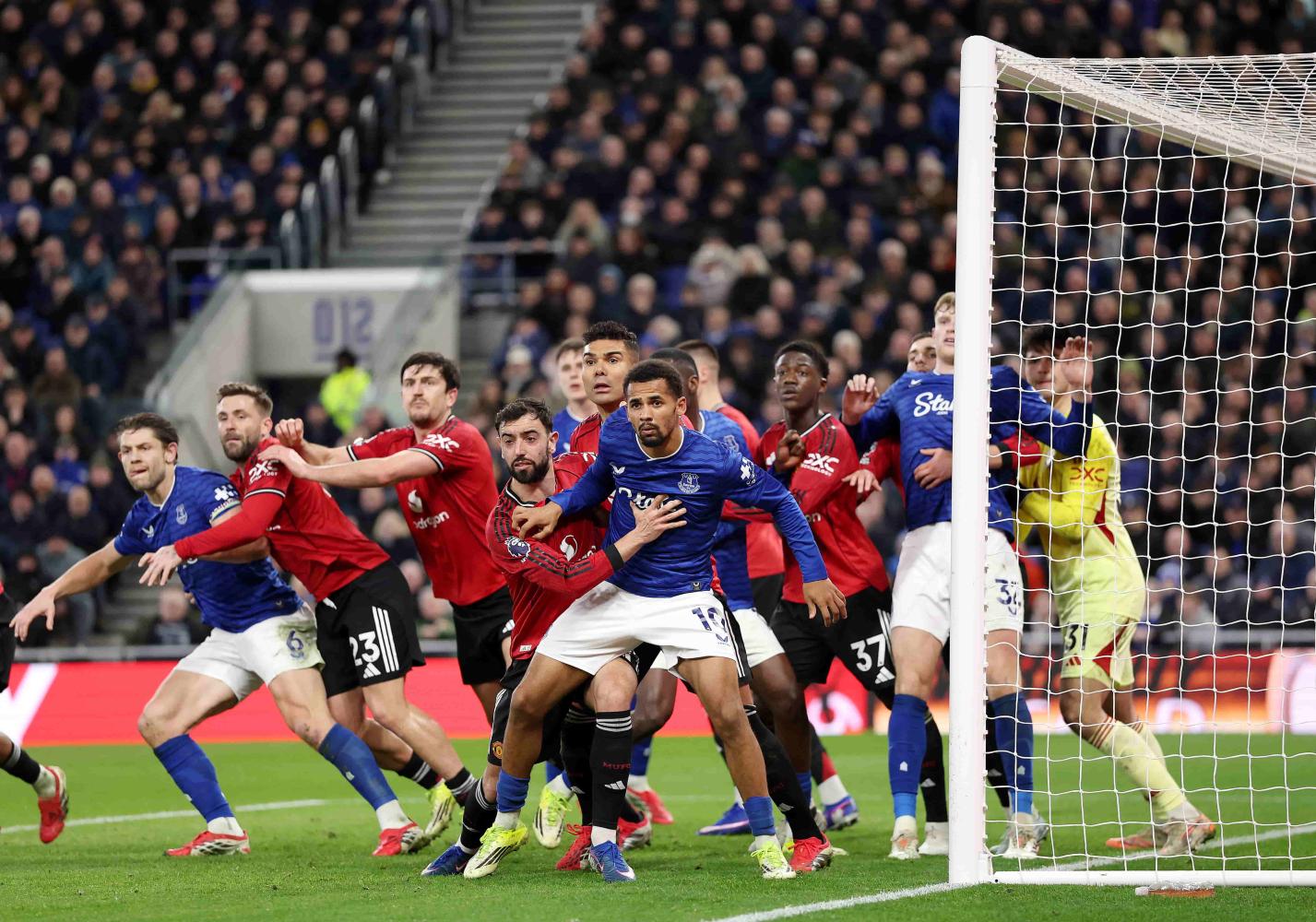The Times
Cashing in while Rooney is crucified
IN THE end, Everton got what they wanted: the cash and the crucifixion. So how come it was Wayne Rooney cast in the role of Judas? The deadline-day timing of his move to Manchester United was mere coincidence. It was obvious when the switch would be completed: 48 hours or so after the first messages of hatred were daubed on the walls around Goodison Park. Once the board saw that the supporters had turned against the player, Rooney was as good as Red. That was surely the plan all along. Everyone predicted that Everton would sell to Manchester United. Everton have sold to Manchester United yet seem to have manoeuvred the situation to give the impression that they have been dragged screaming to the negotiating table and were all but tortured into accepting £27 million for a striker whose Premiership career amounts to 15 goals in 67 games. It is the modern way. Rio Ferdinand was a Judas for leaving Leeds United, when in reality his expensive talent saved the club from the immediate impact of Peter Ridsdale’s financial idiocy. Jermain Defoe became a hate figure at Upton Park for asking to leave; then, when he withdrew the transfer request, the club sold him to Tottenham Hotspur anyway because financial incompetence had placed West Ham United on the brink of administration. In both cases, though, public posturing contrived to make the player the villain in the eyes of the fans, as if disloyalty, not mismanagement, had provoked the sale. Clubs want both ends of the candy bar: the money and the moral high ground. Players are condemned for kissing the badge and then kissing goodbye, but chairmen toy with the emotions of supporters, too. If Rooney is now public enemy No 1 on Merseyside, it is because Bill Kenwright has mugged away like a good old showbiz pro to portray Everton as the injured party in a transfer that could prove hugely beneficial to his club. He should not be staging shows in the West End, he should be starring in them. In the performance of a lifetime, Kenwright, who has put more into Everton than he will ever take out, has managed to convince that a club teetering on the brink of financial oblivion for a decade were not in the least bit interested in a £27 million windfall from a player who cost nothing. There were days when Littlewoods ran Everton — and right now the club are in the enviable position of a man with eight draws from ten on the coupon. Kenwright may as well be Mr X from Everton, L5. “I couldn’t believe it,” delighted Mr X said. “I have been worried about losing my job — and now I’m made for life.” And just as nobody begrudges the winner his jackpot, nobody should resent Everton’s good fortune here. The club have been fabulously unlucky, not least in being the best in England and among the best in Europe when English clubs were banned from foreign competition. Everton had a great side that had just won the league title and the Cup Winners’ Cup in 1985 and had their moment stolen. Within a few years they were flirting with relegation, the decline compounded by poor stewardship that made the finances as big a worry as the league position. In the circumstances, selling Rooney — a player who has been booked more times than he has scored for Everton and whose talents lifted the club to the heights of seventeenth place last season — is not the worst day’s work Kenwright will ever do. So why not be honest about that? Why not send the kid on his way and wish him all the best? Why maintain a stance that suggested the preferred outcome for Everton was a giant contract that the club could barely afford, to keep a player whose ambitions would outstrip his surroundings sooner rather than later? Why make an 18-year-old the bogeyman? It doesn’t have to be this way. When Seville sold José Antonio Reyes to Arsenal, the Spanish club behaved in a way that is a lesson in an increasingly uncivilised commercial environment. The president accepted that the player possessed talent that deserved a bigger stage. He also insisted Reyes was worth the top price. When Arsenal paid it, he admitted that he would have liked to keep Reyes, but it was not possible. Reyes would have liked to stay but had to think of his career. Club and player parted company in tears. That is how it should have been at Everton. Rooney is no more a Judas than Reyes. He does love his home-town club. He would have stayed had it made professional sense. He may even be leaving a little early and probably worries about that, too. He does not deserve to have his life reduced to these caricatures of emotion. The choice is not Messiah or Judas. A transfer request is not a letter bomb. What is not factored into these arguments is the right of the selling club to say no. Do that and there is space reserved on the moral high ground. Had Everton rejected United’s offer and told Rooney he could sulk in the reserves until he accepted their decision, a precedent would have been set. But they didn’t. They took the money rather than take the chance; like most clubs, their principles had a price. Mohamed Al Fayed, the Fulham chairman, posed and preened over Louis Saha, then made damn sure he got him up to Old Trafford in time for deadline day; Leeds United were not going to sell the crown jewels of Alan Smith, Paul Robinson and Jonathan Woodgate, yet where are they now? Modern transfers are a blame game: the player can always leave if he signs a confession absolving the club of responsibility. “I, the undersigned, do solemnly swear that I am a greedy, disloyal toerag. I am selfish, vain and care only about money, unlike my chairman, who, despite pocketing a cheque equivalent to the national debt of Belgium, was in no way keen to facilitate my transfer and would rather have gone into debt with the Russian mafia to keep me at the club. So please stop bouncing beer crates off his Jag.” In the week that Michael Carrick left West Ham for Tottenham, Alan Pardew, his manager at Upton Park, said that he wanted the player to sign a new contract. In the next breath, he claimed that if Carrick waited for his contract to expire and left under the Bosman ruling, the lost transfer revenue (£3.5 million) could send the club into administration. So, with the margin between solvency and bankruptcy so small, how could West Ham afford the new contract? A sceptic would argue that the whole process was a ruse to make the fans fault the player for leaving, rather than the board for allowing the club to deteriorate. Likewise, Newcastle United’s doomed attempt to buy Rooney was initially viewed by cynics as a convenient ploy to make themselves appear credible and ambitious at a time when they had just sold their best defender to Real Madrid. The bid simply drew the interest of Manchester United, who had been delaying making an offer, presumably much to the frustration of the player and his agent, and forced up the offer to something nearer Everton’s valuation by persuading them that they had a serious rival. Not that millionaire businessmen such as Paul Stretford, Freddy Shepherd and Kenwright would be capable of such devilish intricacy, of course. Perish the thought. If only they had the wisdom and Machiavellian cunning of that scheming teenage Judas Rooney. © 2004 Times Newspapers |


